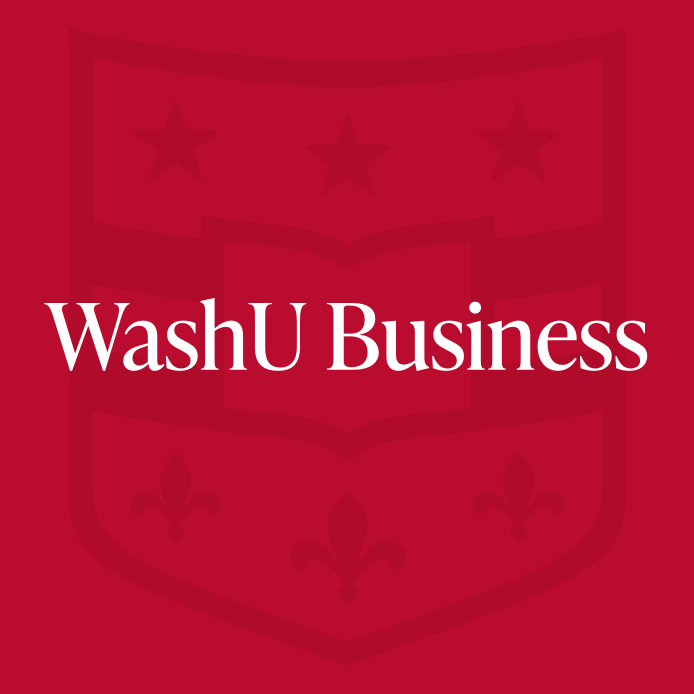How does the Olin MBA prioritize learning by experience?
- February 16, 2024
- By WashU Olin Business School
- 3 minute read

Experiential learning opportunities are a major part of Olin’s MBA program, but what exactly is experiential learning?
And why is experiential learning important, especially for today’s leaders?
Understanding why experiential learning matters in an MBA
When comparing experiential learning versus traditional learning, start by imagining the difference between a real-world business environment and a lecture hall. Considering the sights, sounds and even emotions, there can be a big difference between how a business environment and a lecture hall feel. Experiential learning means putting classroom learning into action in a business space. This could mean working within real business offices, interning with and shadowing leaders or developing collaborative projects that move from the classroom into the marketplace.
According to Steve Malter, professor of practice in management at Olin, “Experiential learning projects are live case studies.” They allow a student to practice the wide set of skills they’ve gained in the classroom and use it to make a significant impact on a real, living organization.
What are the benefits of experiential learning versus traditional learning?
Experiential learning allows students to explore how they cope with real-world business conditions. They can practice within complex and unstructured leadership challenges that simply can’t be simulated in a classroom. How will they react when the market falters or they lose a major client? How will they respond to real-time opportunities?
Students can also determine how to collaborate and negotiate with others as well as how to figure out conflicting agendas or ease disputes with clients. How would they manage the motivations of various groups of stakeholders or hold employees accountable? Human challenges are at the heart of learning to be a better leader.
As the former director of Olin’s Center for Experiential Learning, Peter Boumgarden has witnessed firsthand how important this kind of learning is for developing critical thinking skills in business.
While we obviously believe in the value of classroom learning, experiential learning moves you out of the classroom into a space where you are forced to see how the material works in the real world. This requires flexibility in approaches; experimentation in its application.
—Peter Boumgarden
Some of experiential learning’s biggest success stories involve business project management skills. When students can work on extended projects, collaborating with a group of peers over time, they develop a level of pragmatic critical thinking that helps them make decisions. They can move beyond good ideas in theory and start working on ideas clients can implement in real time.
How does Olin approach experiential learning?
The Olin MBA program highly values experiential learning in higher education, and learning by doing is an important component of the curriculum. Right from the beginning, MBA students will apply their coursework learnings by developing collaboration and leadership skills in different environments.
These opportunities are both local and global. For instance, students who take CELect global classes get to apply their learning to strategic problems at global startups. Most recently, CELect students have worked with startups in Israel and Spain. These experiences—vastly different from any they would gain in a U.S. startup environment—give the students firsthand insights into diverse communication styles and cultural norms. They learn how to manage client expectations, organize meetings across time zones and understand foreign markets.
Olin also celebrates experiential learning by connecting to the local environment in St Louis. St. Louis is a large, vibrant market, but it’s small enough for students to engage with local leaders and feel “plugged in” to the local business scene. WashU students work with businesses in the area to enrich their own communities and then witness and enjoy the fruits of that work.
Olin is a local and world-class institution. Students have the ability to supplement classroom learning with engagements domestically and internationally with small businesses and large multinationals. Students have done projects with companies of all sizes and missions, including Nestlé Purina PetCare, the Smithsonian National Zoological Park and NBCUniversal Media.
In this way, Olin always aims to live its values. The faculty and staff at Olin believe in the value of experiential learning in higher education, and the whole MBA program has been formed with this value in mind.
Media inquiries
For assistance with media inquiries and to find faculty experts, please contact Washington University Marketing & Communications.
Monday–Friday, 8:30 to 5 p.m.
Sara Savat
Senior News Director, Business and Social Sciences
